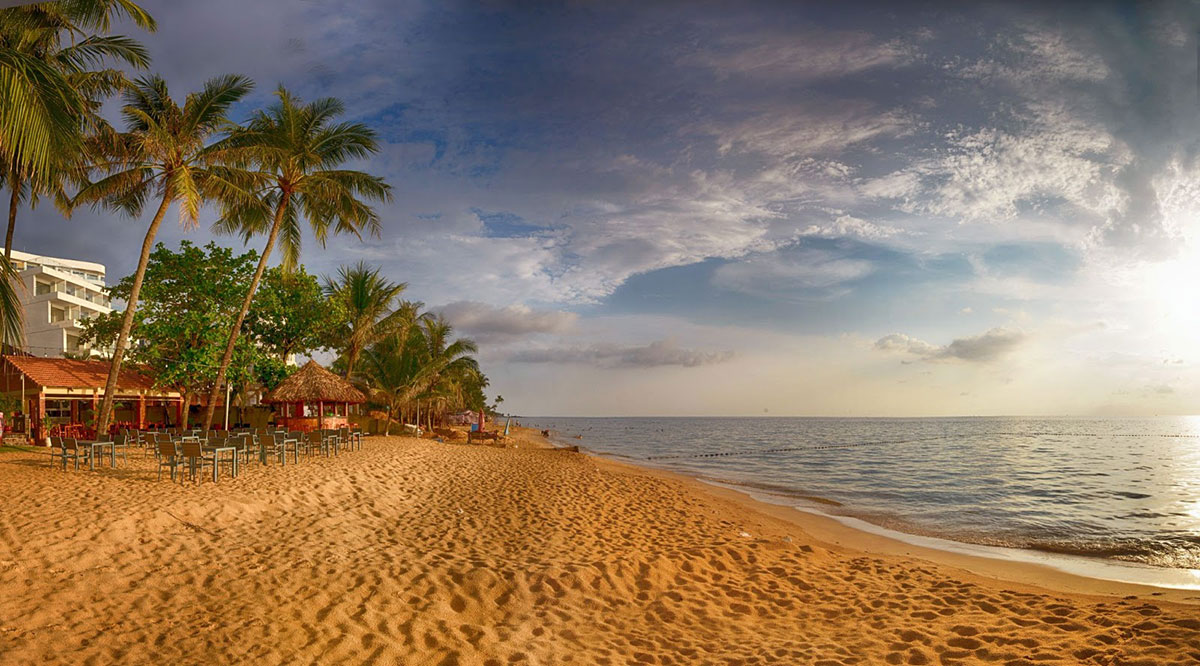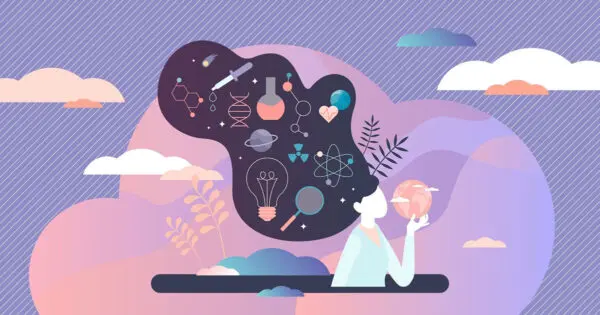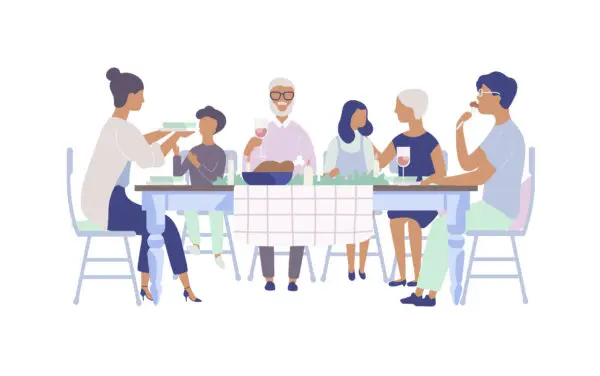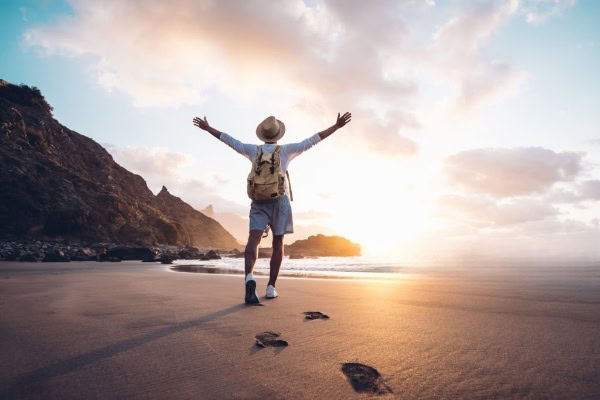Attending a magic mushroom retreat can be a deeply spiritual and cathartic experience—purposely removed from the stress of everyday life and society. They are a welcome oasis in the dour desert of structure, calendars, deadlines, noise, and mania.
Magic mushrooms get their “magical” reputation from psilocybin—a molecule that shifts the way our brains perceive sensory input. Magic mushrooms are a class of substances called psychedelics. For those people less versed in these substances, magic mushrooms may seem very intimidating. However, compared with other psychedelics such as ayahuasca or ibogaine, magic mushrooms are generally more accessible. They are physiologically very safe, and especially in a therapeutic setting, are usually gentler experiences than the intense ego deaths and visualizations other psychedelics can generate.
Magic mushrooms are also found all over the world in different subspecies of fungi, so attending a mushroom retreat does not carry as many ethical implications for sourcing, like ayahuasca, kambo, ibogaine, or peyote may. If, for instance, you are worried about traveling to parts of the world where psychedelic integration rituals have been handed down by local indigenous people and are worried about the ethical implications surrounding impacting local economies, the environment, or implications surrounding cultural appropriation, you may find magic mushroom retreats more appealing.
The psychoactive component found in magic mushrooms, psilocybin, is also well tolerated by most healthy adults. It is metabolized easily and safely with a generally easy “come-down.” It would be quite easy to recover from a large hero’s dose taken on a Saturday and be able to return to work again by the following Monday. It wouldn’t be preferable, of course, for integration work, but it is very feasible to be running at full capacity (and likely with a spring in your step) in a couple of days.
Where is it legal to attend a magic mushroom retreat?
Since the U.S. has not legalized magic mushrooms at the federal level for retreat settings, there are none listed that have any accreditation we can recommend. The state of Oregon however, has recently made psilocybin legal at the state level and will be the first state to incorporate a program for psychedelic-assisted therapy.
Psychedelics are generally not legal in most countries. There are a few countries in the west that have less stringent laws against magic mushroom use. Retreats in these countries are safe and legal and provide a therapeutic setting for their guests. Another consideration is that until psilocybin mushrooms are more legal, costs will be higher to attend retreats.
The Netherlands is one country in Europe that never criminalized the use of magic mushrooms, so it is legal to source magic mushroom truffles there. One retreat in the Netherlands that has gained renown is Synthesis. Synthesis has facilitators, therapists, and counselors from various backgrounds who are dedicated to providing a healing experience for attendees. Synthesis offers preparation and journeying in a beautiful therapeutic setting that also supports the compassionate integration of the experience.
Mexico deems psychedelics and magic mushrooms illegal generally, except in the case of using them for traditional or spiritual sacramental use. Several magic mushroom retreats in Mexico have good reputations for offering safe experiences for their guests who are looking for spiritual awakenings and transcendent experiences. At The Buena Vida Psilocybin Retreat in Mexico, their mission is to provide a space for their guests to experience the ceremony, intention, and joy.
Jamaica is another nation that has never made magic mushrooms illegal, and as a result, a number of reputable retreats have cropped up there. The retreat Atman is a favorite among guests. Hosted in a beachfront villa on the white sandy beaches of Jamaica, facilitators assist guests in processing and integrating the personal, spiritual, and creative contents emerging from the psychedelic journey.
What you should expect from a Magic Mushroom or Psilocybin Retreat
Any retreat that claims to offer a therapeutic experience, by its very nature, should be therapeutic for the clients or guests. You should have an experience where you feel elated, grounded, optimistic about the future, ready to face the integration process and journey. You should also be treated kindly and compassionately, and with the utmost respect as a guest.
Especially under the influence of psychedelics, attendees of the retreat should be in a safe, legal (which is also an extension of safe), therapeutic (with evidence showing other guests recommend it), and ethical environment. These essential elements of set and setting will also enhance feelings of psychological safety for those journeying in potentially vulnerable psychological terrain.
To have the most undiluted and positive journeying experience, these essential elements of set and setting at a psilocybin retreat should be taken seriously. It is not recommended to attend a retreat that does not consider these elements. You should feel confident that your facilitators can answer any questions you may have prior to attending your retreat. If they cannot answer your questions, buyer beware. Do your research before you commit to attending a psilocybin retreat.
- Safe and Legal: While mushrooms containing psilocybin are physiologically very safe compared with other substances that alter the body’s physiology (mushrooms even have a higher safety profile than caffeine), the proper set and setting matter to your psychological and physical safety. Under the influence of psychedelics, your surroundings should be physically safe to move around in. Any walking under the influence could be unsafe if you were to trip or fall. A safe retreat will walk you through the retreat prior to your journey and integration process and give you adequate information about expectations. A safe retreat will also be legal. While it is discouraging discovering how illegal such a safe therapeutic substance as magic mushrooms are to consume, legality matters. Any illegal activity can put you at risk for criminal charges, and there are many implications surrounding that fact.
Any illegal retreat should inform you of the risks involved with participating in that activity. You most likely will not be protected by the retreat from any potential legal ramifications.
If you are usually a law-abiding citizen, participating in illegal activity could also impact feelings of paranoia while you are under the influence of magic mushrooms, which could negatively impact your experience.
- Therapeutic and Ethical: It is often more therapeutic to choose a facilitator that follows ethical guidelines since they often must report to a panel of experts in ethics. A facilitator that is ethical often takes an oath or makes a legal agreement to adhere to best practices which include the commitment to “do no harm,” and to “benefit the client” and not to violate boundaries that are physical, emotional, or sexual in nature. Make sure your facilitators adhere to such ethical standards, and they are far more likely to offer therapeutic help before, during, and after your journey.
As ideas surrounding psychedelic-assisted therapy shift, the hope is that more of these therapies and retreats will become legal and more accessible. If you are lucky enough to attend a retreat and find it therapeutic, share your story with others and get involved, and support the movement for psychedelic-assisted therapy.









